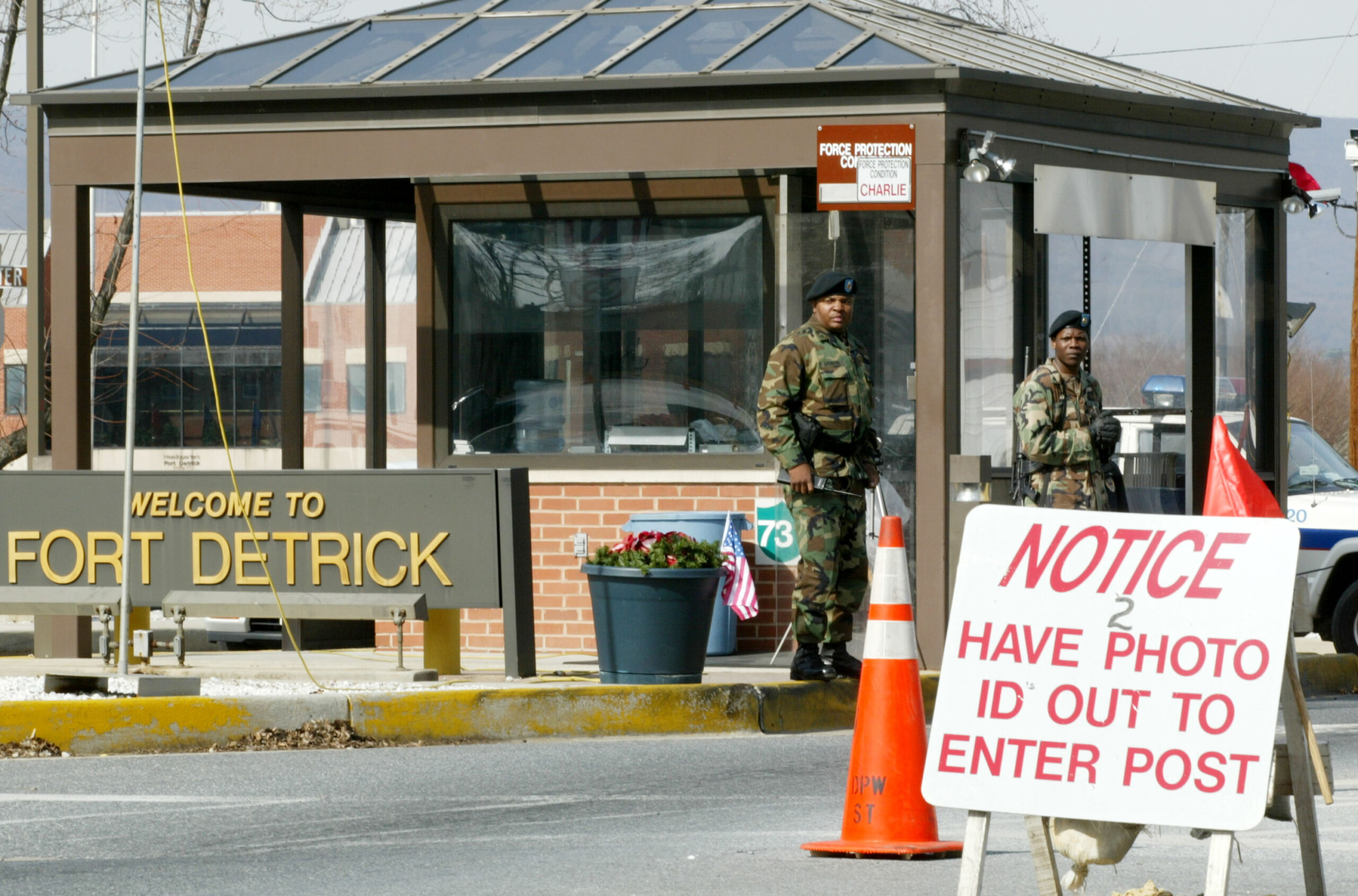Federal Judge Rules Don’t Ask, Don’t Tell Lawsuit May Proceed

Update: In June 2024, President Joe Biden issued a pardon for those convicted of violations of UCMJ Article 125 which formerly prohibited so-called “homosexual conduct.” At press time, there is no indication of how this pardon may affect the lawsuit, which is discussed below. This is an ongoing story.
A federal court in California ruled that a veteran-led class-action lawsuit against the Department of Defense can proceed. If the lawsuit is successful, it could be a major vindication for those denied veteran benefits and other post-service resources due to having punitive military discharges issued under a policy known as Don’t Ask, Don’t Tell.
The lawsuit is brought by some 35 thousand LGBTQ+ veterans who were discharged from the military due to their sexual orientation. Many discharged under these conditions were denied veteran benefits because they received discharges with “below honorable” characterizations.
Privacy Issues
A report in Stars and Stripes notes that most of those 35 thousand military discharges under Don’t Ask, Don’t Tell were below honorable, and the lawsuit seeks in part to change the nature of those discharges and to remove private information such as sexual orientation from military discharge documents.
According to the Stripes article, the lawsuit states the discharge paperwork of the veterans identifies their “actual or perceived sexual orientation as the reason for their discharge,” resulting in an ongoing “invasion of privacy, denial of access to benefits and barriers to hiring, the lawsuit claims.”
This case was initially filed in August 2023, and thanks to the ruling that it may move forward, it will be heard in the U.S. District Court for the Northern District of California.
The class-action lawsuit represents veterans who were forced out of the military because of their status as lesbian, gay, bisexual, transgender, or otherwise non-binary.
The Department of Defense motioned to dismiss the lawsuit, which the District Court denied. The lawyers for both parties were ordered to meet in mid-July 2024 to move the case forward.
In the meantime, the Defense Department has stated on the record that it would consider a review of the separations of those discharged under Don’t Ask, Don’t Tell, a DoD program in the 1990s that resulted in many “gay discharges” (see below.)
Don’t Ask, Don’t Tell
The Department of Defense ended a ban on those who identify as LGBTQ+ from serving back in 2011 with the repeal of a program started in 1994 known as “Don’t Ask, Don’t Tell” or DADT.
Under that DoD policy, anyone qualified to serve in uniform could do so if they did not publicly reveal their orientation. Under Don’t Ask, Don’t Tell, separation from service, denial of reenlistment, and other measures were possible for those who chose to “come out” or stop hiding their LGBTQ+ identity.
Since the end of DADT, some reforms have been made to DoD and VA policies to help those who received less-than-honorable discharges under the old rules.
But that did not change that reversing the damage done under Don’t Ask, Don’t Tell is difficult. Challenging a military discharge, for example, requires submitting a package to a discharge review board and meeting a series of requirements dictated by the specific branch of military service involved.
The class action lawsuit discussed above lists the discharge review process and its arduous nature as one of the main reasons for the suit.
Related: Disabled Veteran Benefits
About the author
Editor-in-Chief Joe Wallace is a 13-year veteran of the United States Air Force and a former reporter/editor for Air Force Television News and the Pentagon Channel. His freelance work includes contract work for Motorola, VALoans.com, and Credit Karma. He is co-founder of Dim Art House in Springfield, Illinois, and spends his non-writing time as an abstract painter, independent publisher, and occasional filmmaker.


